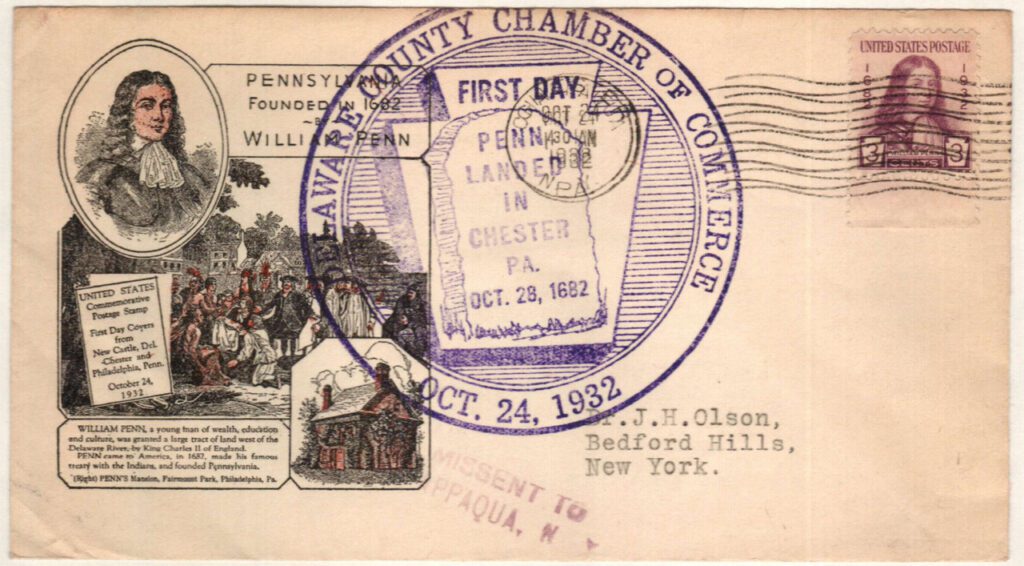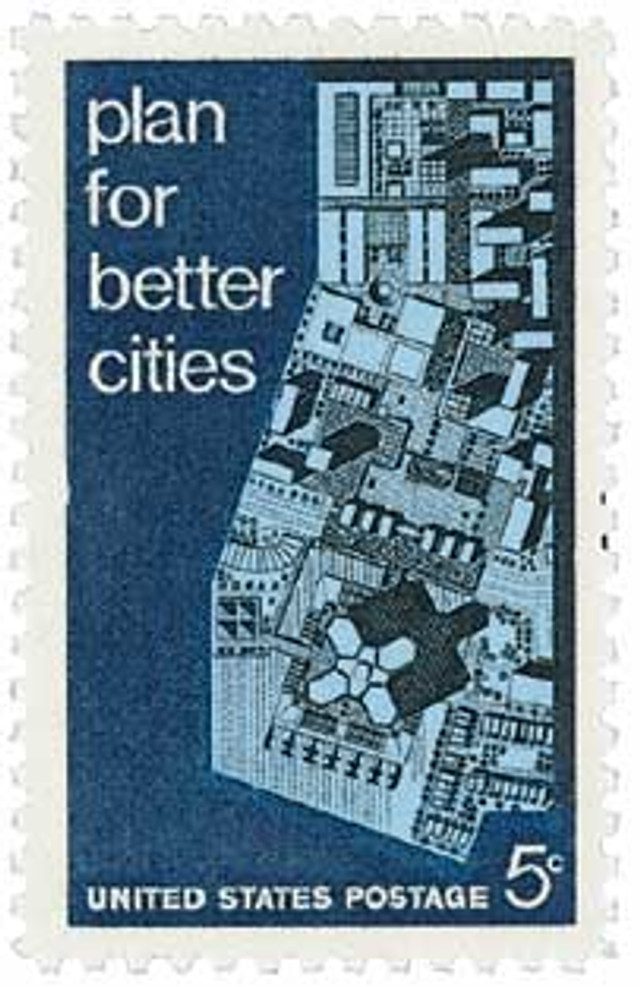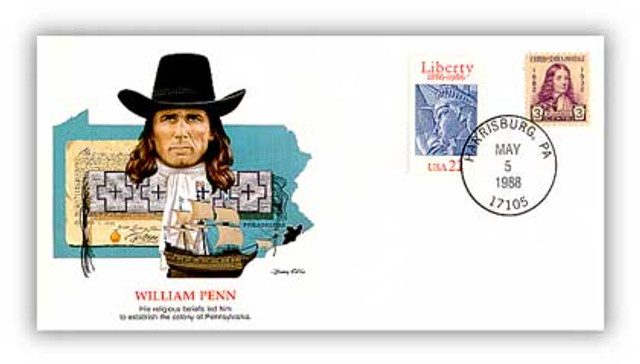On June 18, 1682, William Penn established Philadelphia, Pennsylvania. It would quickly grow into a major city because of Penn’s vision.
Penn was born in 1644 in England to a wealthy and powerful family. His father, Sir William Penn, was an admiral in the British navy. Young William received a good education and seemed likely to have a successful career in the English government or military. But his life took a different path when, as a young man, he joined a religious group called the Religious Society of Friends, also known as the Quakers.
The Quakers believed in equality, peace, freedom of religion, and non-violence. These beliefs were very different from the Church of England and the British government at the time. As a result, Quakers were often arrested, beaten, or fined for practicing their faith. William Penn himself was put in jail several times because of his religion. But he never gave up on his beliefs. Instead, he decided to create a place where people could live according to their values without fear.
In 1681, King Charles II of England owed a debt to William Penn’s late father. To repay this debt, the king gave William Penn a large piece of land in North America. Penn named the new colony Pennsylvania, which means “Penn’s Woods.” But he didn’t want to create just another colony. He wanted it to be a “holy experiment” — a place where people of different backgrounds and religions could live together in peace.

On June 18, 1682, Penn founded the city of Philadelphia in the southeastern part of Pennsylvania. The name “Philadelphia” comes from Greek and means “brotherly love.” Penn chose this name because he wanted the city to be a model of kindness, respect, and cooperation among people of different faiths and cultures.
Unlike many other colonial towns that grew without much order, William Penn carefully planned Philadelphia before anyone started building. He laid out the city in a grid pattern with wide streets, public squares, and open spaces. This was different from crowded and confusing cities in Europe.
Penn also made rules to keep the city clean, safe, and healthy. For example, he made sure that houses were not built too close together so that there would be fresh air and less chance of disease spreading. He included parks and green spaces where people could relax and enjoy nature. This thoughtful planning helped Philadelphia grow into one of the largest and most important cities in the American colonies.
At a time when many colonies only allowed one religion, Penn welcomed people of all faiths, including Quakers, Catholics, Jewish, Lutherans, Mennonites, and others (although the right to vote or hold office was restricted to Protestant Christians). This made Pennsylvania a popular destination for people fleeing religious persecution in Europe.
Penn also believed in fair government. He created a constitution for Pennsylvania that included ideas like trial by jury, freedom of speech, and the right to vote. These ideas were very new at the time but later became important parts of the US Constitution.

Because of Penn’s leadership and open policies, Philadelphia grew quickly. It became a center for trade, education, and politics. By the mid-1700s, it was the largest city in the American colonies. Many important events in American history took place there, including the writing of the Declaration of Independence in 1776 and the US Constitution in 1787.
Even after William Penn died in 1718, his ideas continued to influence the city and the country. His belief in religious freedom, democracy, and human rights helped shape American values. Today, Philadelphia is still known as the “City of Brotherly Love,” and Penn’s 37-foot statue stands on top of City Hall, watching over the city he founded.
| FREE printable This Day in History album pages Download a PDF of today’s article. Get a binder or other supplies to create your This Day in History album. |
Discover what else happened on This Day in History.




